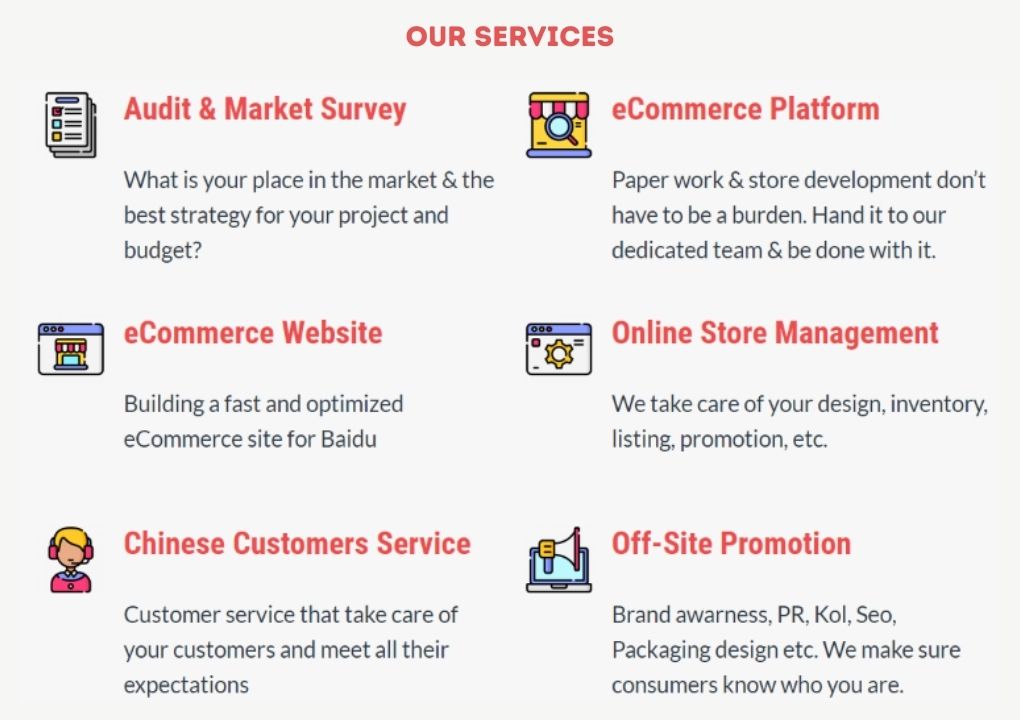China’s men’s suit market has been growing rapidly in the past 20 years and is expected to continue growing at 8% by 2031. The market is heavily influenced by Chinese culture, making it important to understand consumer behavior in this sector.
This blog post will explore key trends, players, challenges, and opportunities related to the men’s suit industry in China. Whether you’re looking to expand your retail operation or just seeking insights into a fascinating market segment, read on for valuable information about this exciting industry.
Brief Overview Of The Chinese Menswear Market
China is a major player in the global economy with a large population and a booming garment industry worth $92.85 billion.
Demand for men’s suits has seen significant growth in the past 20 years due to rising disposable incomes, urbanization, and cultural trends. Men make up 55% of China’s luxury market, higher than the global average of 40%.
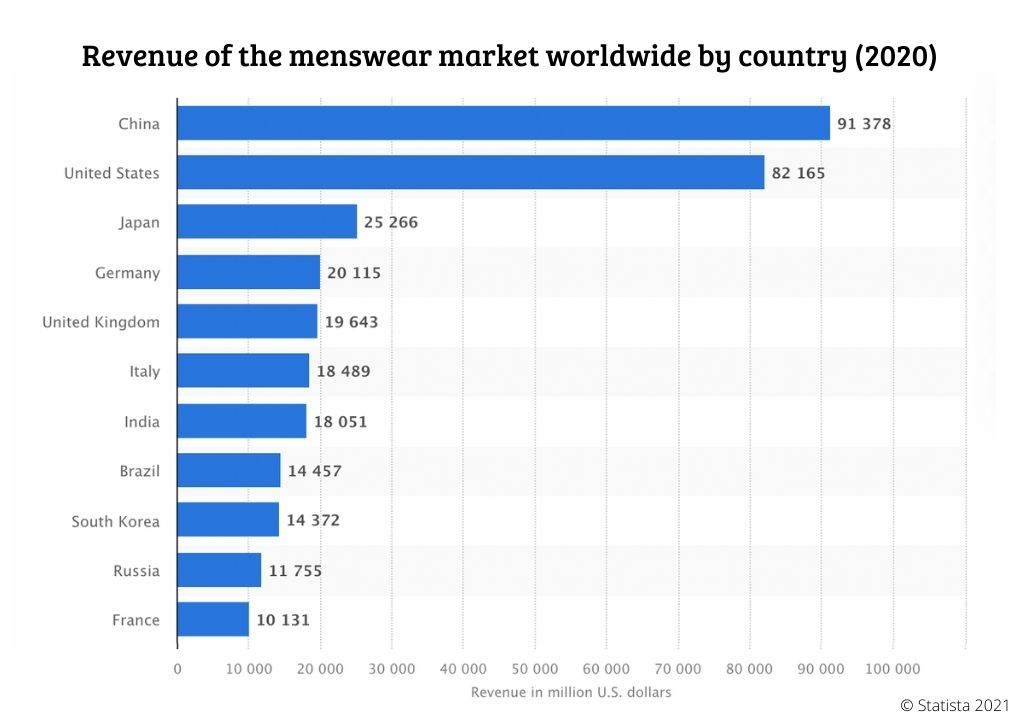
Influence of Chinese Culture on Men’s Fashion
Suits play a crucial role in both Chinese business and social culture, as they represent authority, wealth, and respectability. But also during special occasions like weddings.
In China, wearing conservative and modest dark-colored formal business suits is highly valued for making a strong first impression.
Western-style suits are now making a resurgence, but some still opt for traditional clothing on special occasions to showcase their heritage like Hanfu or Mao.

Chinese men’s fashion is influenced by Taoism and Confucianism, which emphasize harmony and balance.
Solid-colored robes were popular during the Confucianism-dominated Song dynasty, while the iconic Zhongshan suit, also known as the Mao suit, reflects political beliefs and Chinese cultural sensibilities.
Emerging Chinese designers are incorporating ancient traditions into contemporary men’s attire.
Trends In The Men’s Suit Market In China
Chinese consumers prefer comfortable and durable fabrics like wool or cotton blends. They are also increasingly interested in sustainable fashion and eco-friendly materials like recycled polyester or organic cotton.
Brand loyalty is also important to Chinese consumers. Businesses can tailor their marketing strategies by highlighting what sets them apart from competitors and meeting customer demands with eco-friendly and high-quality products that support circular economy initiatives.

Consumer Behavior And Preferences
Chinese consumers are loyal to brands and price-sensitive when buying men’s suits. They have distinct preferences when it comes to buying and wearing a suit, shaped by culture, societal factors, and technology.
Online shopping is becoming more popular, but brand loyalty remains crucial.
Domestic brands are preferred due to trust and quality, while price sensitivity also affects purchasing decisions.
Major Domestic And International Players In The Men’s Suit Industry In China
The men’s suit industry in China is dominated by domestic brands such as Shanshan and Septwolves, while worldwide players like Hugo Boss, Giorgio Armani, Valentino, and Versace also have a significant market share.
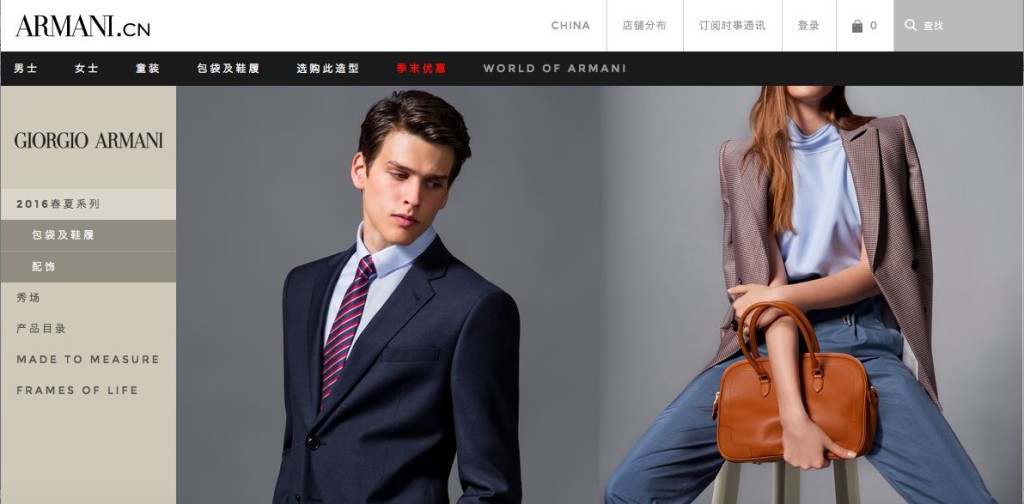
Leading Chinese Suit Brands And Their Market Shares
Knowing the top Chinese suit brands and their market shares is important for anyone interested in the men’s suit market in China.
HLA, Adidas, and Bosideng are among the top brands for male consumers, with factors such as quality, affordability, design, and marketing contributing to their popularity.
Youngor is a major domestic player known for quality fabrics and tailoring, while Anta and Li Ning have also entered the men’s suit sector.
Major International Brands Active In China And Their Market Shares
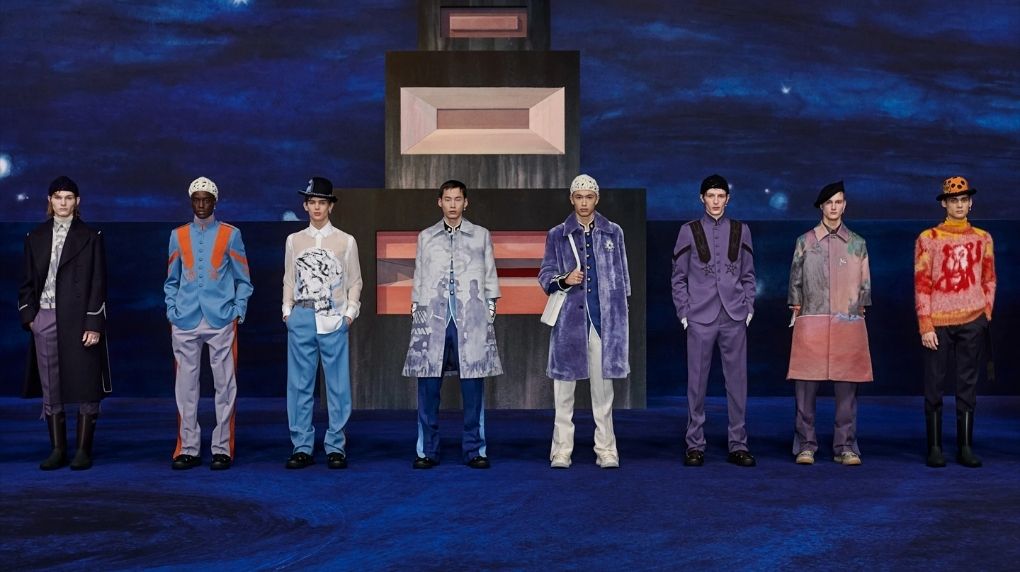
China is the world’s largest luxury market, making it an important destination for global fashion brands.
Many global men’s brands have entered the Chinese men’s suit market, with some, like Hugo Boss, being successful due to their high-quality brand reputation and sophisticated designs.
Despite competition from domestic manufacturers such as Ermenegildo Zegna and Shanghai Tang, foreign brands’ popularity among middle-class consumers provides an excellent opportunity to access China’s rapidly growing menswear sector.
Successful Strategies These Brands Use To Attract Chinese Consumers
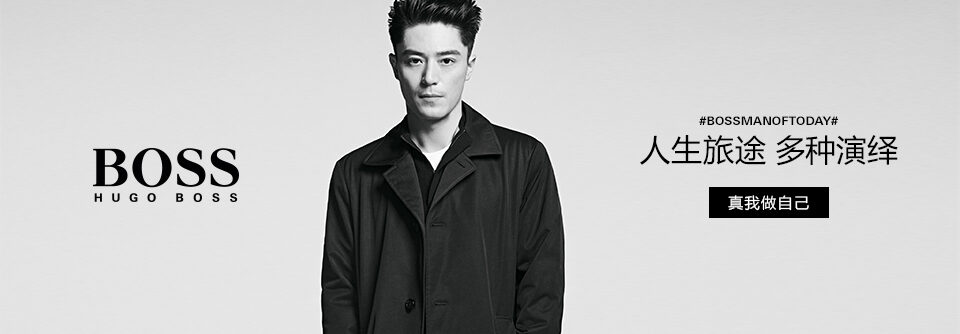
One of these strategies is creating a sense of exclusivity by limiting production or offering unique designs only available in China. Brands like Tom Ford, Hugo Boss and Prada are doing this successfully.
Another strategy is leveraging social media influencers who have large followings among young Chinese consumers.
In addition, successful luxury brands in China offer personalized experiences like bespoke tailoring services or VIP events. Dunhill’s “Beijing Bespoke” initiative allows customers to customize their suits with an expert tailor at their flagship store.
Competitive Landscape And Analysis
Entering and competing in the Chinese market can be difficult for new entrants due to high competition, protectionist barriers, and regulatory perimeters.
Multinational corporations must also consider national security and fair competition practices as tensions between the US and China rise, potentially impacting defense implications.
The men’s suit market in China was affected by the pandemic as people preferred casual attire while working from home. But with the reopening of businesses, there is a growing demand for formalwear again.
Changes In Consumer Behavior Due To The Pandemic
Due to the pandemic, Chinese consumers have shifted from physical stores to online shopping, even for everyday items like groceries.
Online grocery shopping in China increased by 100% during the peak of the pandemic. Foreign companies must understand these shifts in behavior and adjust their marketing strategies accordingly, emphasizing contactless delivery options and virtual fittings over in-store experiences.
The COVID-19 pandemic has had a long-term impact on China’s economy, including the men’s suit market. Despite a strong recovery in 2020, challenges remain due to the real estate crisis and lingering effects of the pandemic. Experts predict a slow recovery process that may take up to three years to fully bounce back.
Future Outlook, Opportunities, And Challenges For The Men’s Suit Market In China
The men’s suit market in China has great potential for growth due to the country’s expanding economy and changing consumer preferences.
However, firms must be prepared to navigate challenges such as economic fluctuations, changing fashion trends, and evolving buying behaviors among Chinese consumers in an increasingly competitive landscape.
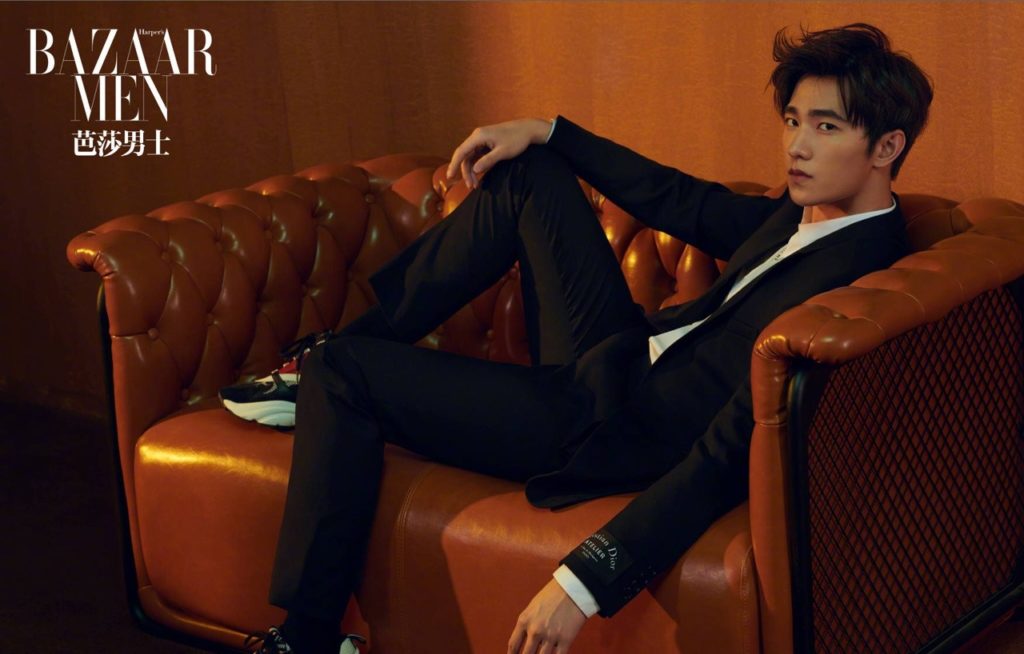
Predicted Trends And Growth Areas (e.g., Sustainable Fashion, Bespoke Suits)
In China’s evolving fashion industry, sustainable clothing and bespoke suits are becoming more popular among young urban consumers who prioritize social and environmental issues.
This trend is evident in major cities like Beijing and Shanghai. With the help of 4th industrial revolution technologies, manufacturers can produce bespoke suits at scale while reducing waste through efficient material use.
Potential Challenges (e.g., Economic Fluctuations, Changing Fashion Trends)
The Men’s Suit Market in China may face challenges due to economic instability and changing fashion trends. Economic fluctuations can affect consumer purchasing power and demand for luxury goods like men’s suits.
To overcome these challenges, businesses need to adopt innovative strategies that provide value to consumers and remain adaptable. Sustainable fashion practices are becoming popular among Chinese consumers, and brands that offer eco-friendly productions could gain an edge over competitors who fail to adapt.
We Can Help You To Enter China’s Men’s Suit Market! Contact Us!
As you can see, the men’s suit market in China is a rapidly growing and dynamic industry with great potential for growth. By understanding Chinese culture and consumer preferences, as well as keeping up with the latest trends and technologies, businesses can capitalize on these opportunities to succeed in this exciting market.
One of the first things to consider is doing extensive market research on consumer behavior and preferences.
Another important aspect is identifying gaps in the market that you can fill with your product offerings. For example, perhaps there is a preference for sustainable or eco-friendly materials that are not currently being offered by leading brands.
Overall, entering any competitive market requires careful planning and attention to detail.
If you need help getting your brand off the ground or integrating your strategies into Baidu, you know where to turn to. Contact us today for not only educational blogs but to have a partner in building your business and making it relevant in the minds of the Chinese consumer.



